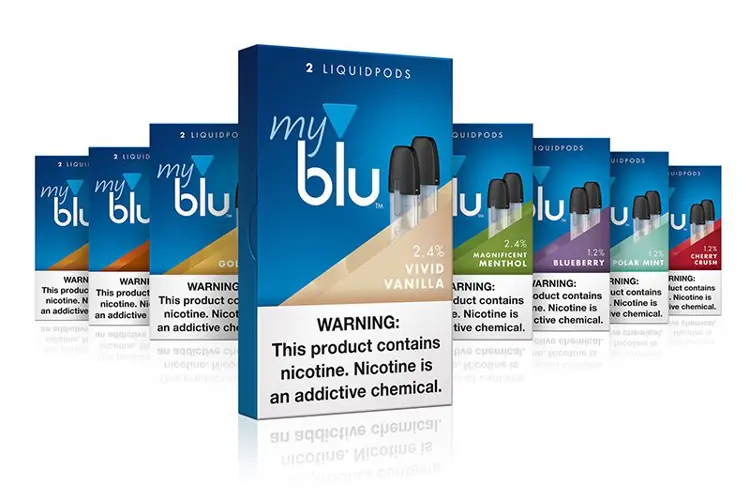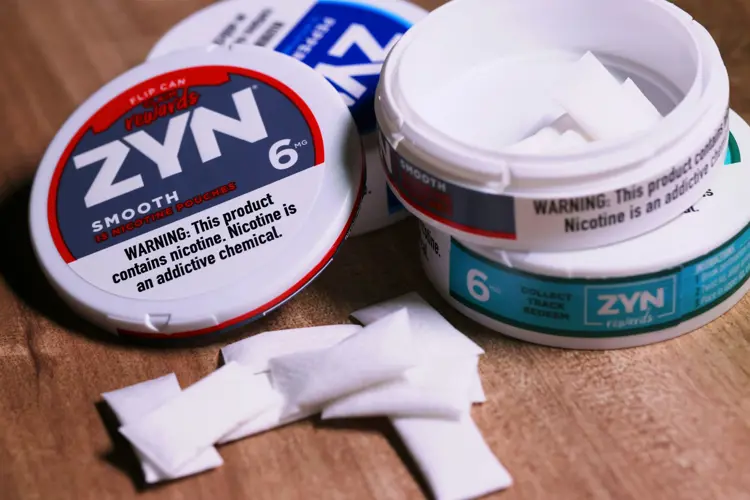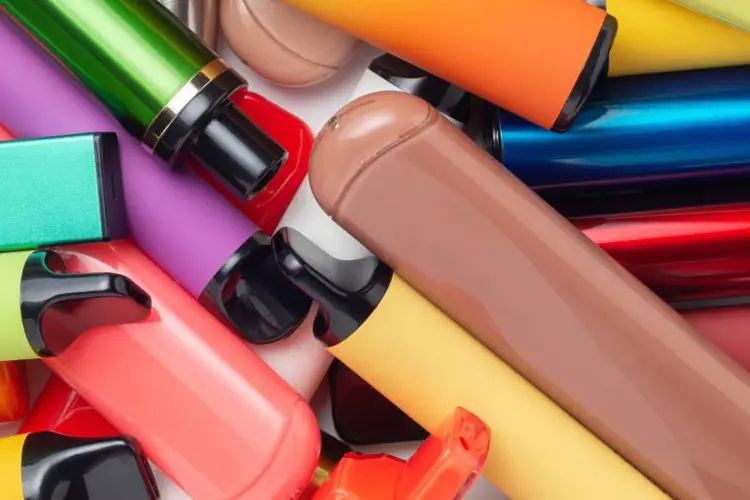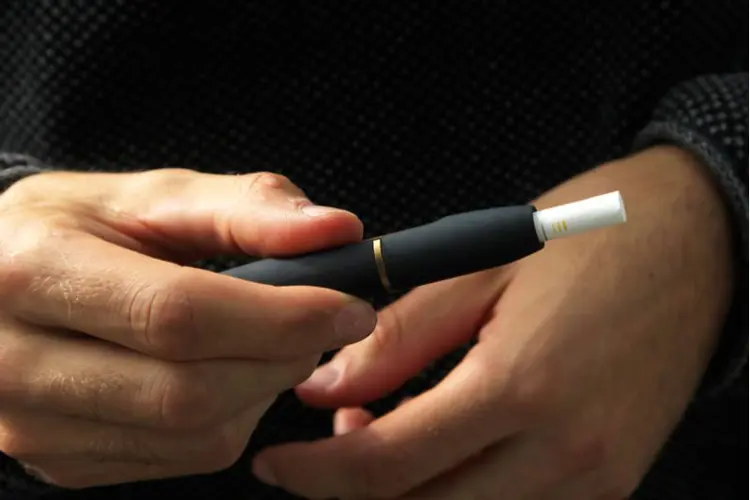While the vaping world waits for Scott Gottlieb to formally announce the FDA’s plan to “eliminate youth use” of e-cigarettes, the tobacco companies that also sell vapor products are one-by-one announcing their own initiatives. JUUL is also expected to release its plan today.
Gottlieb gave JUUL and the four tobacco companies60 days to present their plans — and that was 60 days ago. Until today, only Altria has gone public. The FDA hasleaked some details of its own plan, but questions remain about its ability to selectively enforce a ban on certain products in only some retail channels.
Today Fontem Ventures, the division of Imperial Brands that owns Blu, announced that it would not remove its flavored products from convenience stores and gas stations, which may make Fontem an outlier among the five companies. Fontem says it considers flavored vapor products essential to adult users, according to a CNBC story.
"We don't think our products are attractive to kids but are for adults,” Fontem CEO Richard Hill told CNBC. “I'm actually sitting here as we speak vaping on blueberry.” Fontem’s refusal to remove flavors might be problematic for Gottlieb. If the FDA has to force the companies to remove flavors from c-stores, it may run into legal challenges. The Tobacco Control Act doesn’t seem to give the FDA authority to selectively enforce its rules.
Fontem’s plan to prevent youth access includes these components, according to CNBC:
- Restricting online sales to customers 21 and over, even in states that don’t have a Tobacco 21 law
- Requiring online partners to use age verification technology
- Reviewing its packaging design and flavor descriptions
- Ending contracts with retailers caught selling to minors
- Creating a hotline to report underage sales
- Monitoring social media
Altria said in October that it would remove all of its flavored products (except tobacco, menthol and mint) from the market — at least temporarily. That move was intended to pressure market-leader JUUL to do the same.
British American Tobacco (owner of Reynolds American, maker of Vuse e-cigarettes) and Japan Tobacco International (owner of Logic) are the other cigarette makers who were warned by Gottlieb to change their marketing and sales practices. Neither company makes products considered desirable by teenagers, but both sell products primarily in c-stores and gas stations, which Commissioner Gottlieb says are the mainy sources of illegal underage sales.
JUUL also announced its plan today.
Blu is probably still best known for its cigalike products, although that may be changing. Fontem’s Myblu, although not nearly as popular as JUUL, is a well-regarded pod vape. For much of this year Fontem sold the Myblu for at an introductory price of $1 in many retail outlets, with no limit on the number purchased.
The Freemax REXA PRO and REXA SMART are highly advanced pod vapes, offering seemingly endless features, beautiful touchscreens, and new DUOMAX pods.
The OXVA XLIM Pro 2 DNA is powered by a custom-made Evolv DNA chipset, offering a Replay function and dry hit protection. Read our review to find out more.
The SKE Bar is a 2 mL replaceable pod vape with a 500 mAh battery, a 1.2-ohm mesh coil, and 35 flavors to choose from in 2% nicotine.
Because of declining cigarette sales, state governments in the U.S. and countries around the world are looking to vapor products as a new source of tax revenue.
The legal age to buy e-cigarettes and other vaping products varies around the world. The United States recently changed the legal minimum sales age to 21.
A list of vaping product flavor bans and online sales bans in the United States, and sales and possession bans in other countries.



















